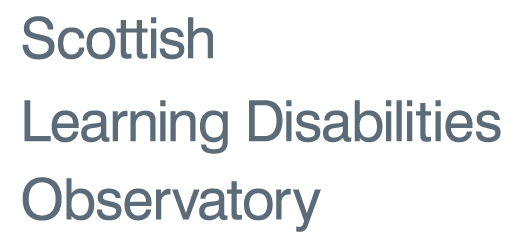Dental experiences of adults with learning disabilities

Background
There is increasing evidence suggesting that people with learning disabilities have greater dental needs. However, these studies have methodological limitations such as using convenience samples (e.g. patients attending a specialist dental clinic) or including small sample sizes. We aimed to address this by conducting a large data linkage study to identify the oral health experiences of adults with learning disabilities compared to the general population.
What we did
We used the Primary Care Learning Disabilities Register of NHS Greater Glasgow & Clyde to identify a representative population of adults with learning disabilities (aged 17 – 94). 4 305 adults with learning disabilities were matched to 12 915 general population controls on age, sex and neighbourhood deprivation. We obtained permission to access administrative health data linking information from dentists, pharmacists and doctors.
What we found
Although adults with learning disabilities attended their dentist more than controls, they received different patterns of treatment compared to the general population. Adults with learning disabilities had fewer dental restorations (such as fillings) and fewer tooth extractions. These differences in dental treatments between the groups were larger when comparing adults aged 45 years or older: that is, there is an increasing oral health inequity as adults with learning disabilities get older. For example, people from the general population aged 55-64 were twice as likely to have received dental restorations compared to those with learning disabilities. This is pertinent as adults with learning disabilities are beginning to live longer and it is important that they receive appropriate health care, including oral health. When we examined medication with increased dental risks (sugar-containing liquids, and dry-mouth/ anticholinergic medication), we found that adults with learning disabilities were more likely to be exposed to these medicines compared to the general population. Taking these types of medication increased the odds of a dental extraction in the general population, but not in the learning disabilities group.
What this means
Our findings suggest that adults with learning disabilities are supported to attend dental appointments. However, dental professionals may be less likely to restore teeth, possibly extracting multiple teeth at individual appointments based on what we know from historical practice and previous research. Medications with increased dental risk were more frequently prescribed to people with learning disabilities, yet the problems caused were less apparent as more of their teeth are likely to have been extracted. These medications, e.g. antipsychotics are often used over prolonged periods/ decades in adults with learning disabilities, and the adverse impact on oral health is not yet fully understood. Dental caries and periodontal disease are the two main dental diseases leading to treatment, but are preventable, and the importance of good oral hygiene needs to be continually communicated to adults with learning disabilities, carers and health professionals.
For more information about this work, please contact Laura.Ward@glasgow.ac.uk
Link to publication https://onlinelibrary.wiley.com/doi/full/10.1111/jir.12786
Dr Laura Ward presented these findings at IASSIDD 2021. You can view her presentation at the SLDO YouTube channel.
Page updated September 2021.
